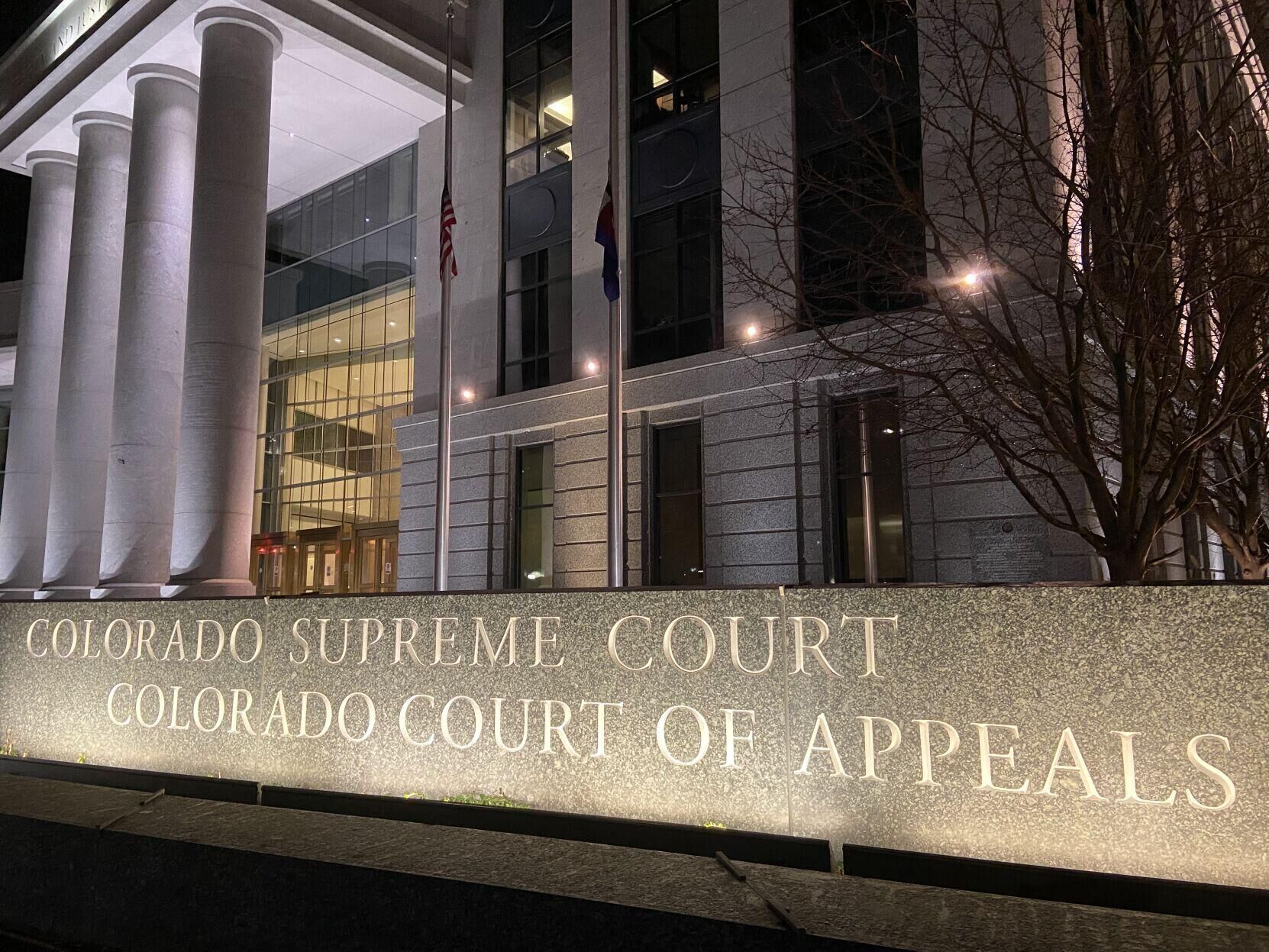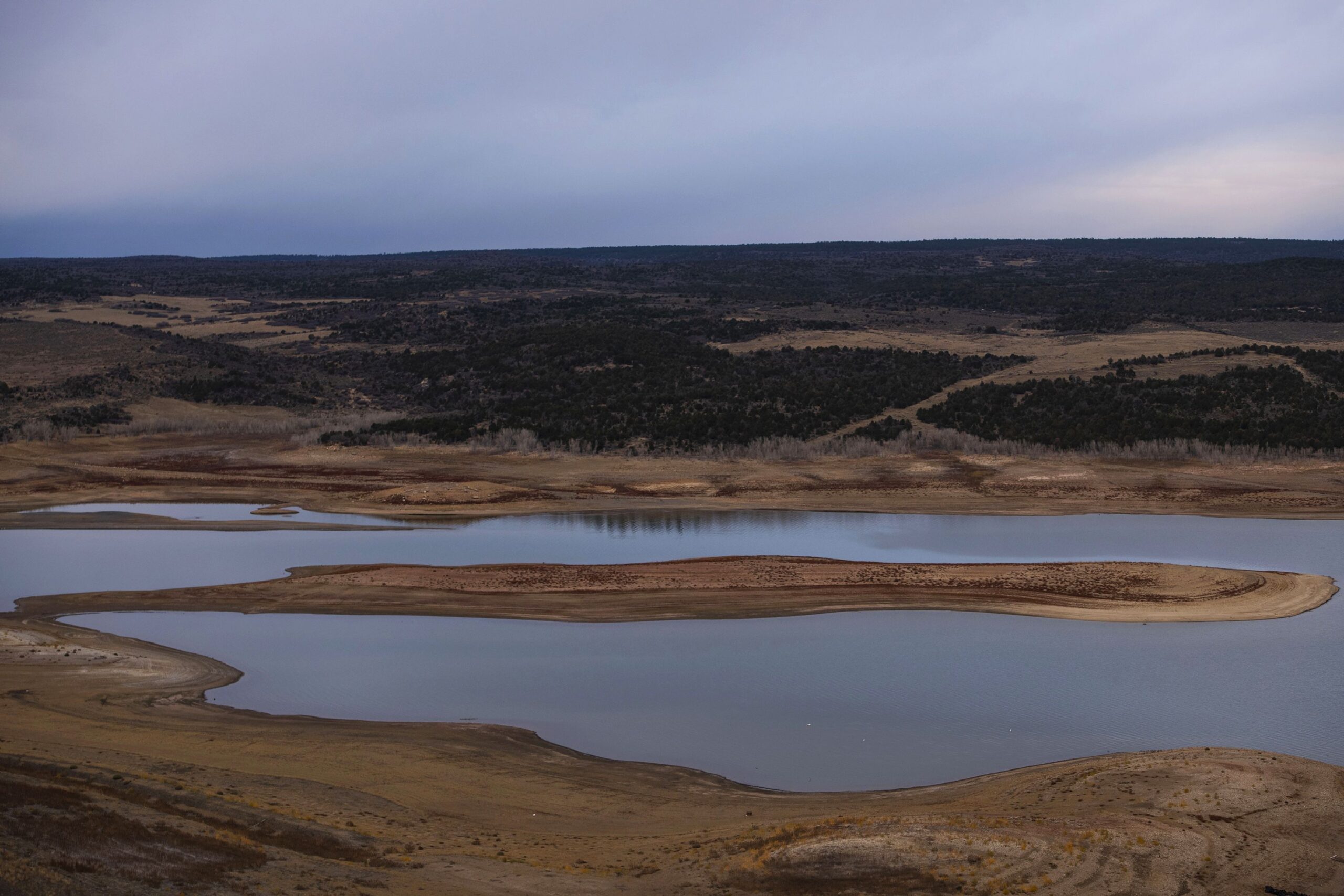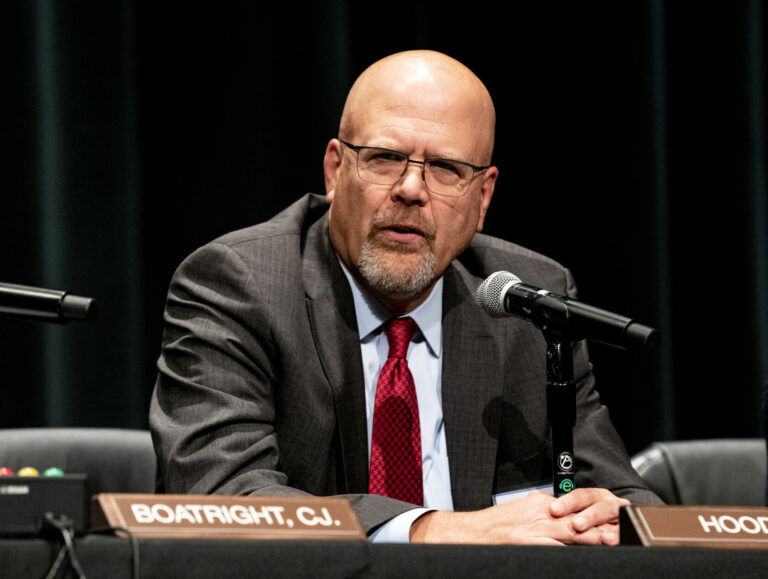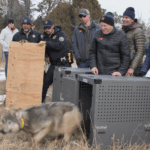Montezuma County judge faces disciplinary proceedings for ‘lying,’ handling of criminal case

Judicial discipline authorities are seeking the censure and removal of Montezuma County Court Judge Ian J. MacLaren, who allegedly committed misconduct in his handling of a criminal case, made false statements to investigators about his actions, and attempted to use his status to get favorable treatment for his own civil infraction.
The Colorado Commission on Judicial Discipline’s Sept. 8 complaint accused MacLaren of violating the code of judicial conduct in nine ways through his actions on and off the bench. However, the commission also argued MacLaren’s response to investigators’ initial questions amounted to “lying to the Commission,” making him unfit to remain in office.
“The Commission does not expect judges to be perfect or to remember things perfectly. However, the sheer number of misrepresentations made by Judge MacLaren to the Commission, including representations about matters that go to the heart of the Commission’s inquiry, demonstrates Judge MacLaren did not just make a series of mistakes here,” wrote Special Counsel Jeffrey M. Walsh. “The evidence indicates he willfully misrepresented important facts to the Commission.”
Pursuant to the constitutional amendment Colorado voters adopted last November, a three-member panel will formally adjudicate the allegations against MacLaren. Its members are Weld County District Court Judge Vincente G. Vigil, former Pueblo County District Attorney Jeff Chostner and non-attorney Jeannie Valliere.

Gov. Jared Polis originally appointed MacLaren to the Dolores County Court in May 2024 as a part-time judge, then to the Montezuma County Court a few months later as a full-time judge. He previously worked as the Montezuma County attorney.
As alleged by the commission and documented in contemporary materials, MacLaren was assigned the misdemeanor case of Montezuma-Cortez School District Superintendent Tom Burris. Prosecutors charged Burris with failing to report an alleged sexual relationship between a teacher and a student.
In February, the parties filed a diversion agreement, which would require Burris to undergo training on his obligations as a mandatory reporter, abstain from criminal activity and, in exchange, the case would be dismissed. Elected District Attorney Jeremy Reed, in a motion to recuse MacLaren months later, noted there was never actually a report of an improper teacher-student relationship.
Colorado law required MacLaren, under the circumstances, to discontinue — or stay — the proceedings. Instead, MacLaren scheduled a hearing and texted a reporter about when would be “a good time to show up” in his courtroom.

When MacLaren asked the prosecutor to explain “why there was a belief that a diversion agreement was appropriate” for Burris, Deputy District Attorney Justin H. Pierce quoted the law and Colorado Supreme Court precedent. MacLaren, he continued, was “in noncompliance” by holding the hearing.
MacLaren acknowledged he was “in no position to … do anything about” the diversion agreement and that “legally, I have to stay the proceedings.” Yet, MacLaren delivered extended remarks about the “very concerning” allegations against Burris. MacLaren also referred to the allegations as “facts.” He called the diversion agreement a “slap on the wrist,” adding that if the diversion agreement were a plea deal — which it was not — he would have rejected it.
Cameryn Cass, The Cortez Journal’s reporter who MacLaren texted, published an article about the hearing and included a picture she took without authorization in the courtroom. MacLaren texted that he “like(d) that picture!”
Readers who commented on the story praised MacLaren and condemned Burris:
- “Good for Ian for speaking the truth”
- “Finally a judge that stands for justice. Thank you Ian”
- “Glad to see a judge speaking up for justice!”
- “Way to go Ian!!!”
- “Thank you Judge, you speak the truth and everyone backs you up.”
On April 24, Anne Mangiardi, director of the discipline commission, invited MacLaren to respond to a misconduct complaint against him for his handling of the Burris case. She specifically asked him to explain why he held an unauthorized hearing, address whether he sought press coverage for it and describe whether he was aware of the unapproved courtroom photo.
MacLaren responded on May 20. He first noted he was “relatively new to the county court bench” and that the hearing was intended to “ensure transparency in the judicial process.”

He then made multiple statements the discipline commission alleged were verifiably false. For example, MacLaren asserted that holding a hearing for Burris’ diversion agreement was his practice “consistent across all cases.” In reality, the commission alleged MacLaren had never done that before based on case records.
MacLaren also stated that at “no point did I suggest” Cass should attend or cover the hearing, that he was “not trying to generate any press coverage” and that he “never provided her with ‘news tips’.” His text messages with Cass appeared to contradict all of those statements.
Separately, while the discipline investigation was pending, Colorado Parks and Wildlife officials approached MacLaren two days in a row in June while he was boating on McPhee Reservoir. According to the incident report, MacLaren acknowledged during the first encounter that he knew he needed to register his boat, but had not done so.
The following day, MacLaren “claimed he had tried to register” online but had encountered “technical difficulties.” After the officer informed MacLaren he could update his registration in person, MacLaren “claimed he did not have time due to his occupation as a Judge.”
“While navigating their own boat to shore, and out of earshot of Judge MacLaren, the officers debated amongst themselves whether to ticket Judge MacLaren in light of his revelation that he was a judge,” Walsh wrote in the discipline commission’s complaint. “Their concern was that, if they ticketed Judge MacLaren, he might have a poor opinion of CPW officers or their agency, and that this might adversely affect cases before Judge MacLaren in which CPW officers were witnesses.”
Although the officers did ticket MacLaren, his comments about his judicial status appeared to be seeking favorable treatment for the civil infraction.

Discipline officials accused MacLaren of engaging in an appearance of impropriety, abusing his office, failing to remain fair and impartial, and being dishonest with investigators, among other things.
“Put simply, Judge (MacLaren) can’t credibly swear in witnesses to ‘tell the truth’ if he can’t do the same,” wrote Walsh.
For Burris’ diversion agreement, Walsh added, MacLaren’s actions served to “wrongfully presume Mr. Burris was guilty,” even though MacLaren had incomplete information about the case. MacLaren “either didn’t understand, or he disregarded” the differences between a diversion agreement and a guilty plea, and his comments “could have compromised Mr. Burris’ right to a fair and impartial jury.”
Colorado Politics sought comment from MacLaren through the 22nd Judicial District. He did not immediately respond. The Supreme Court’s clerk also did not immediately indicate whether the justices have temporarily suspended MacLaren.












